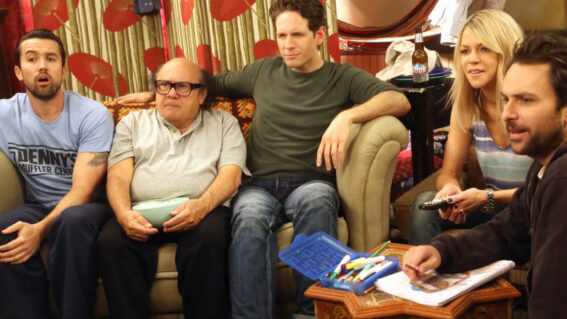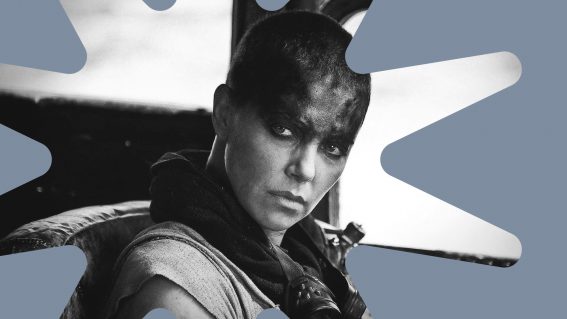Shelf Life #10
Aaron Yap’s dusting off of seldom seen back catalogue films continues… This time around he watches a coming-of-age Western from the director of Fantastic Voyage; the amazingly-titled Cocaine: One Man’s Poison (boasting a cameo from Arrested Development’s Jeffrey Tambor as a depressed, toupee-wearing dentist junkie!) and an old school Hitchcockian thriller starring a pre-fame James Caan […]
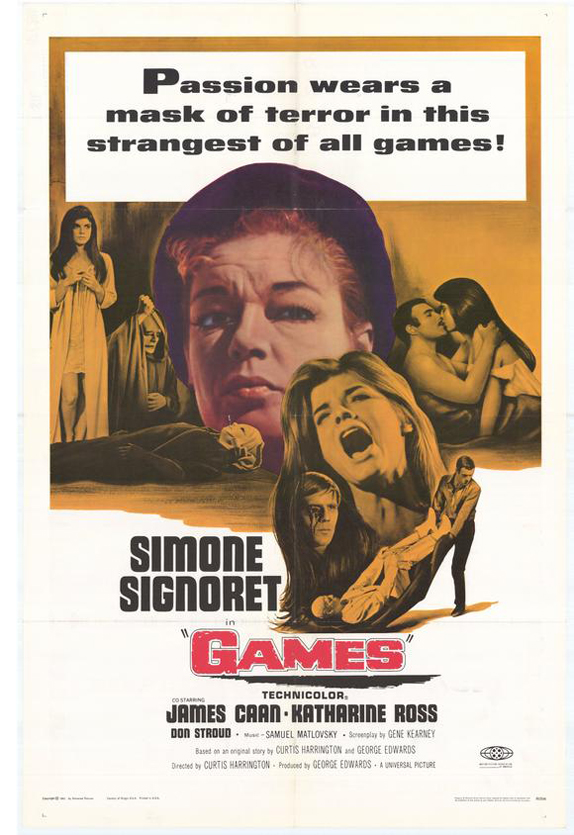
Aaron Yap’s dusting off of seldom seen back catalogue films continues… This time around he watches a coming-of-age Western from the director of Fantastic Voyage; the amazingly-titled Cocaine: One Man’s Poison (boasting a cameo from Arrested Development’s Jeffrey Tambor as a depressed, toupee-wearing dentist junkie!) and an old school Hitchcockian thriller starring a pre-fame James Caan alongside Katharine Ross…
THE SPIKES GANG

A solid, deftly versatile journeyman whose career spanned nearly 50 years, Richard Fleischer has dabbled in every genre you can think of: film noirs (The Narrow Margin), psychological thrillers (10 Rillington Place), sci-fi adventures (Fantastic Voyage), war epics (Tora! Tora! Tora!), musicals (Doctor Dolittle), etc. Unfortunately The Spikes Gang (1974) isn’t one of his better-remembered films, a coming-of-age western made during the genre’s waning days.
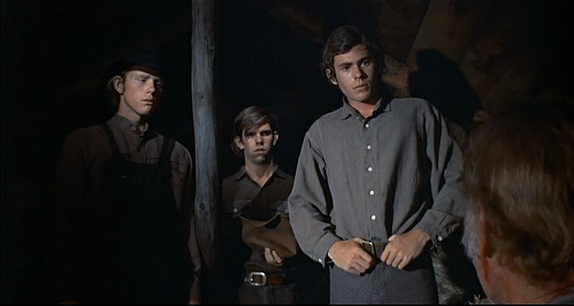
Written by legendary screenwriting couple Harriet Frank, Jr. and Irving Ravetch from Giles Tipette’s novel The Bank Robber, the film opens with three teenage farm boys — Wilson (Gary Grimes), Tod (Charles Martin Smith) and Lester (Ron Howard) — sheltering and nursing wounded outlaw Harry Spikes (Lee Marvin). When Wilson’s God-fearing father finds out, he gets the belting of his life and revolts by running away, an exciting-enough prospect that his loyal buddies Tod and Lester decide to tag along. Following a botched bank heist, they’re reacquainted with Spikes, who bails them out of a Mexican jail and offers them a chance to ride with him.
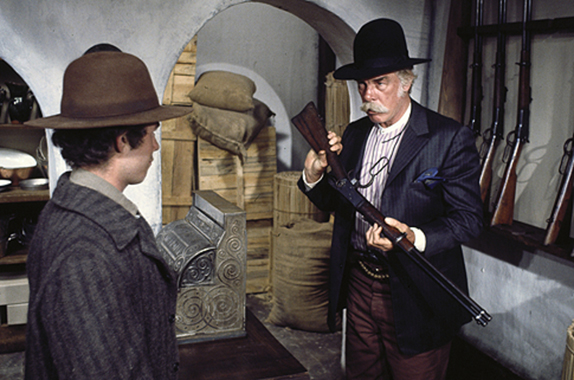
Shot in Spain, The Spikes Gang doesn’t break any new ground, but neither does it deserve its forgotten status in Fleischer’s filmography. Briskly paced and economically directed, it’s an enjoyable mix of stirring gunplay, lively comic moments and engaging characters that ends rather grimly, as per standard of the era’s gloomy revisionism. The youthful cast acquit themselves admirably as naïve, idealistic wannabe-rebels, but they’re no match for an old pro like Marvin, who, sporting a magnificent handlebar moustache, brings his signature burly charisma to every scene he’s in, leaving no room for doubt that the boys would fall under Spikes’ magnetic, roguish spell.
COCAINE: ONE MAN’S POISON

Cocaine: One Man’s Poison (1983) was probably shown a lot to high school kids at the height of the drug’s boom, but now that we’ve been been accustomed to more graphic depictions of drug addiction like Requiem for a Dream and Trainspotting, this TV movie has about as much dramatic persuasion as daytime soap. Dennis Weaver (McCloud; the dude terrorised by a truck in Spielberg’s Duel) plays Eddie Gant, a financially desperate real estate agent who isn’t the sales star that he once used to be. Frustrated by being passed over for a promotion, he discovers the answer to his problems: snorting coke to septum-depleting levels. After several “toots”, his mojo’s back, and he’s buying a cadillac, wearing leather jackets, gettin’ all frisky with wife Barbara (Karen Gassle) and winning clients over.
But the educational warning signs kick in soon, with Weaver pulling out the stops in Eddie’s decline, sweating feverishly, getting ill and paranoid, and hitting rock bottom by pawning valuables to afford the next hit. Veteran TV director Paul Wendkos (Hawaii Five-0) hits all the beats predictably without much subtlety, and though the movie is never laughably terrible or over-the-top enough to be a trash classic, there’s enough sincerity here to make it at the very least, a quaint bit of cautionary entertainment. A young James Spader, in one of his earliest roles, appears as Eddie’s son Buddy, and Arrested Development’s Jeffrey Tambor as Eddie’s depressed, toupee-wearing dentist junkie friend, a hoot of a performance that’s worth watching for alone.
GAMES
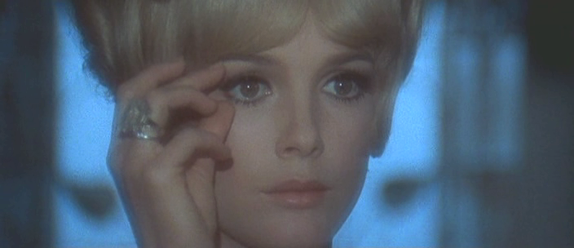
Curtis Harrington’s Games (1967) hasn’t always been one of his easiest films to see, so it’s good to have it finally released as part of Universal’s Vault Series a couple of years ago. A much under-recognised director from the Corman school, Harrington’s made some fine B-films in his time, including offbeat genre gems like Night Tide and The Killing Kind, and like those films, this early thriller is certainly worth a look.

Featuring pre-stardom James Caan and Katharine Ross as bored, wealthy New York socialites into deviant mind games, Games has clear narrative ties to Agatha Christie’s fiction and more obviously, Henri-Georges Clouzot’s 1955 suspense classic Les Diaboliques. The connection is further cemented by the presence of the latter’s star Simone Signoret, who gives a delightfully eccentric BAFTA-nominated performance here as a cosmetics saleswoman who moves into Caan and Ross’ apartment with possibly sinister intentions.
The set-up is a tad stagey, but cinematographer William A. Fraker (Rosemary’s Baby) shoots the gaudy, pop-art-cluttered apartment with a good feel for the characters’ claustrophobic decadence. Modern viewers will likely figure out the twists before the end, but if you’re into insidious, old school Hitchcockian thrillers, Games should prove to be a pleasurably macabre watch. Cool double feature idea: pair it up with Herbert Ross’ more diabolically plotted but similarly games-focused Last of Sheila.







